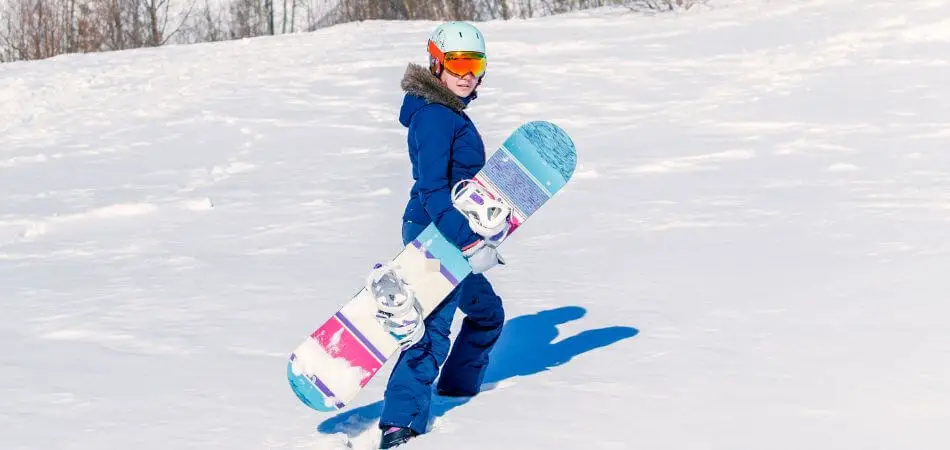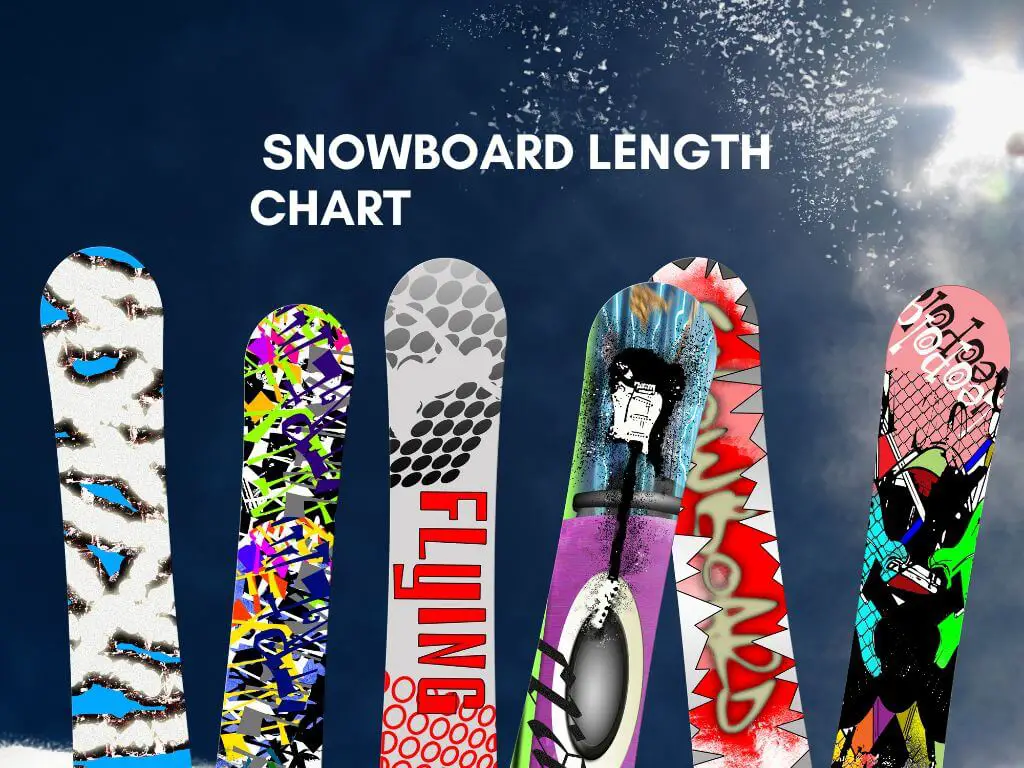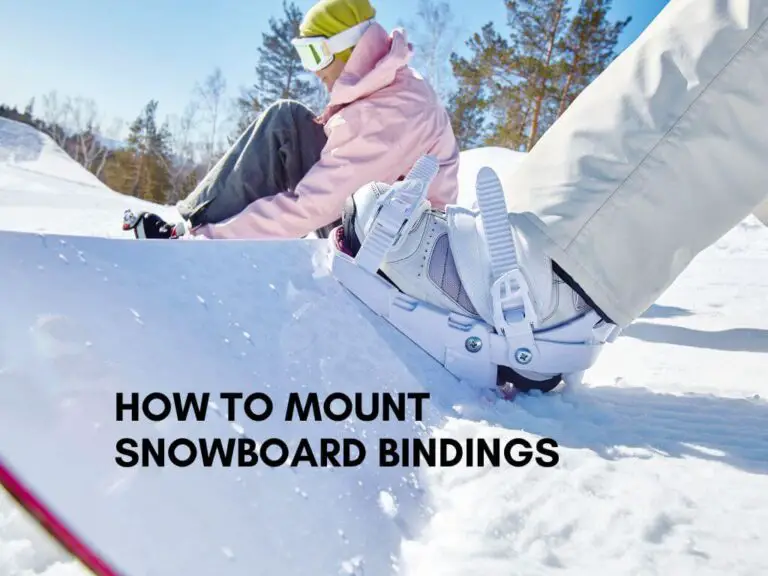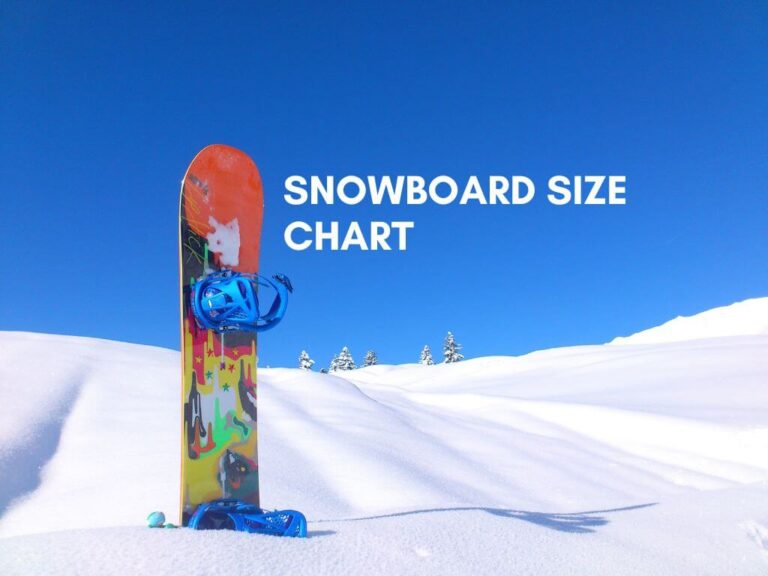Choosing the right snowboard can make or break your time on the slopes. Whether you’re a seasoned rider or a beginner gearing up for your first adventure, understanding the snowboard length chart is crucial to finding the perfect fit. This guide will walk you through everything you need to know about selecting the ideal snowboard length based on your height, weight, riding style, and skill level. Say goodbye to guesswork and hello to a smoother, more exhilarating ride.
Let’s dive into the ultimate snowboard length chart breakdown and ensure your next trip is your best one yet!
Why Snowboard Length Matters
Snowboard length isn’t just about aesthetics—it plays a key role in your ride’s performance. Whether you’re carving sharp turns, hitting jumps, or cruising down powdery slopes, the length of your snowboard directly affects your ability to control your movements, maintain stability, and manage speed.
Here’s how snowboard length impacts your performance:
- Control and Stability: A longer snowboard offers more stability at higher speeds and is better suited for larger turns. Shorter boards, on the other hand, are easier to maneuver, giving you better control in tighter situations.
- Maneuverability: If you like to throw tricks or navigate tight spaces, a shorter board will allow you to be more agile and responsive. Longer boards, however, provide a smoother ride on rough terrain and help you maintain control in challenging conditions.
- Speed and Turns: Longer boards are faster and perform better on steep and fast slopes, while shorter boards excel on flatter, smoother terrain where agility is key.
So, understanding how snowboard length influences these factors will help you make an informed decision about the perfect board for your style.

The Key Factors Influencing Snowboard Length
Choosing the right snowboard length depends on several factors. Let’s break down the key aspects that influence your decision:
Rider Height
Your height is often the first thing considered when selecting a snowboard. A general rule of thumb is that your snowboard should reach somewhere between your chin and nose when standing upright. However, height alone isn’t the only factor—your weight and riding style are just as important.
Weight
While height is helpful, your weight is arguably more important when choosing the right length. A heavier rider will need a longer board to support their weight and maintain proper control. Lighter riders, on the other hand, benefit from shorter boards that are easier to handle.
Riding Style
Your riding style has a huge impact on the length of your snowboard. Here’s a breakdown:
- Freestyle Riding: Freestyle riders prefer shorter boards for easier maneuverability and tricks in the terrain park.
- All-Mountain Riding: If you enjoy a mix of various terrains, an all-mountain board of moderate length is perfect for versatility.
- Powder Riding: Powder boards are typically longer and wider, offering better flotation in deep snow.
Terrain
The type of terrain you ride on also matters. For instance, powder requires a wider, longer snowboard, while park riders typically opt for shorter boards to enhance their ability to perform tricks. Groomed trails might require a medium-length snowboard for balanced control.
Snowboard Length Chart: A Quick Reference
A snowboard length chart is a great way to quickly find a recommended board size based on your height and weight. Below is a quick reference guide that can help you select the right board:
| Rider Height | Beginner Board Length | Intermediate/Advanced Board Length | Weight Range (lbs) |
|---|---|---|---|
| 4’10” – 5’2” | 130 cm – 140 cm | 135 cm – 145 cm | 80 – 120 lbs |
| 5’2” – 5’6” | 140 cm – 150 cm | 145 cm – 155 cm | 100 – 140 lbs |
| 5’6” – 5’10” | 150 cm – 160 cm | 155 cm – 165 cm | 120 – 160 lbs |
| 5’10” – 6’2” | 160 cm – 170 cm | 165 cm – 175 cm | 150 – 190 lbs |
| 6’2” – 6’6” | 170 cm – 180 cm | 175 cm – 185 cm | 180 – 220 lbs |
Note: These are general recommendations. Always consider your weight, skill level, and riding style for more precise guidance.

How to Measure Snowboard Length
Choosing the right snowboard length involves more than just looking at a chart. Here’s a step-by-step guide to help you measure your board correctly:
- Measure Your Height: Stand straight with your back against a wall. Take your height in inches or centimeters.
- Check Your Weight: If you’re a beginner, weight plays a bigger role than height in determining the ideal board length.
- Consider Your Riding Style: Do you prefer freestyle, powder, or all-mountain riding? This will affect whether you choose a shorter or longer board.
- Test Different Boards: If possible, test different boards before making a purchase. Personal comfort and preference play a key role in your final choice.
Key Considerations:
- Board Flexibility: Softer boards are more forgiving for beginners, while stiffer boards provide better control for advanced riders.
- Bindings: Make sure your bindings are compatible with the board length for optimal performance.
Choosing the Right Snowboard Length for Different Riding Styles
Each riding style has its own ideal snowboard length. Let’s look at how length affects the performance for different riders:
- Freestyle Riders: Shorter boards (typically 140-150 cm) are easier to control for tricks, jumps, and park riding.
- Freeride Riders: Longer boards (150-160 cm) are great for speed, stability, and control, especially in backcountry or off-piste conditions.
- All-Mountain Riders: Boards between 150-160 cm offer versatility, allowing you to enjoy a range of terrains and conditions.
- Powder Riders: Longer or wider boards (160 cm or more) offer better flotation and control in deep snow.
Common Snowboard Length Myths Debunked
There are several misconceptions about snowboard length. Let’s set the record straight:
- Myth #1: “The bigger the board, the faster you go.”
Truth: A longer board does offer stability at higher speeds, but it doesn’t necessarily make you faster. Speed is more about your technique and conditions. - Myth #2: “Shorter boards are always better for beginners.”
Truth: While shorter boards are easier to maneuver, weight and balance matter more for beginners than just length. - Myth #3: “Snowboard length doesn’t matter for experienced riders.”
Truth: Experienced riders still need to choose the right length based on terrain, style, and personal preference.
Conclusion
Choosing the right snowboard length is crucial for your snowboarding experience. By considering your height, weight, riding style, and terrain preferences, you can find the perfect size to enhance your performance, comfort, and safety.
Take the time to experiment with different snowboard lengths and, if possible, try boards in person to see what feels right for you. Snowboarding should be fun and comfortable, and the right board will make all the difference in helping you enjoy every ride.
What length should your snowboard be?
Your snowboard length should generally reach between your chin and nose, but consider your weight, riding style, and preferences for the perfect fit!
What snowboard size should I get if I’m 5’9″?
If you’re 5’9″, a snowboard around 152-158 cm is a great starting point, but consider your weight and riding style for the best fit!
What happens if your snowboard is too long?
If your snowboard is too long, it can be harder to control, especially for beginners, making turning and maneuvering more challenging. Stick to the right size for a smoother ride!
How long is a 62 inch snowboard?
A 62-inch snowboard is about 157 cm long—great for riders who need a bit more length for stability and speed!








